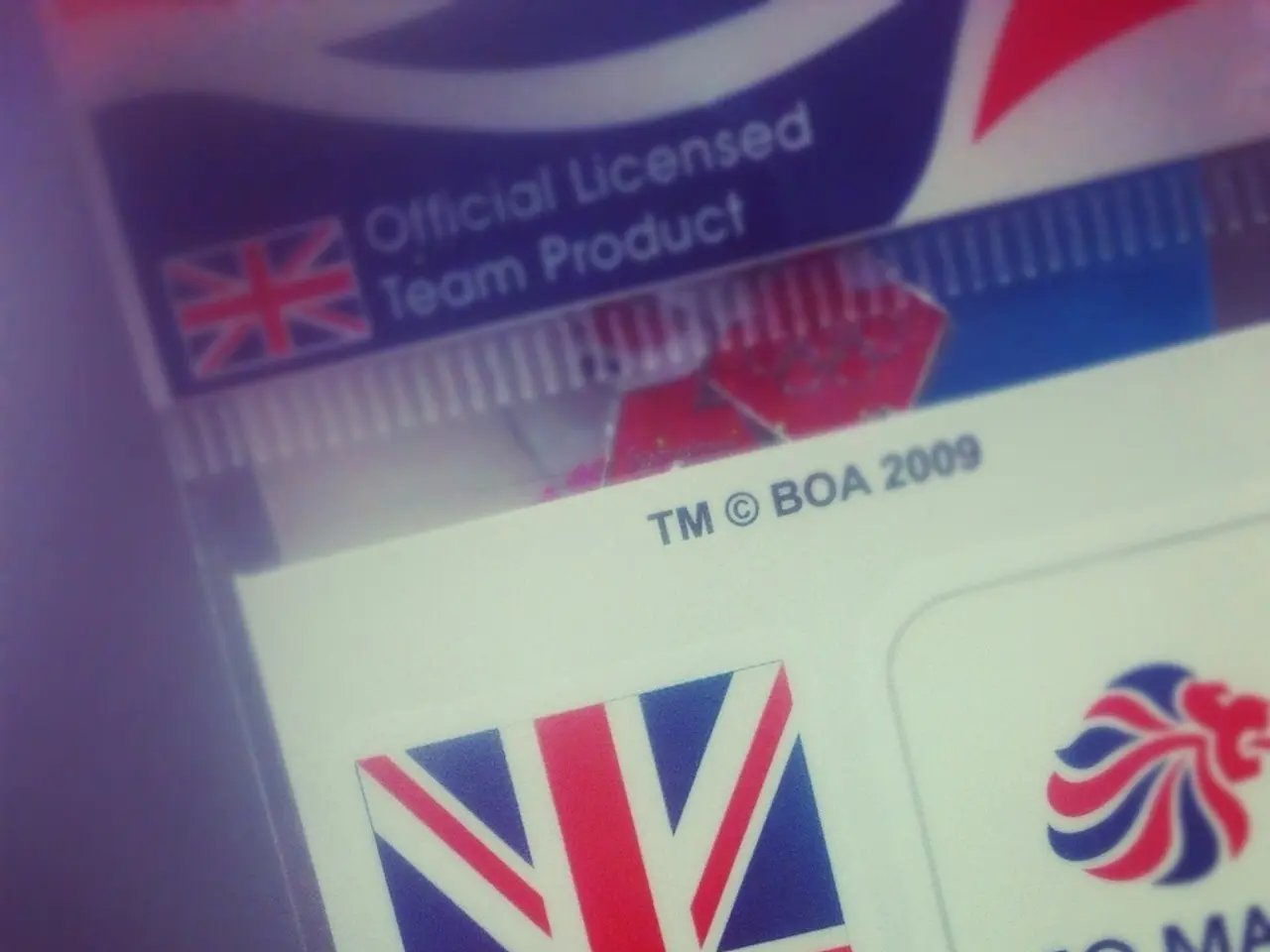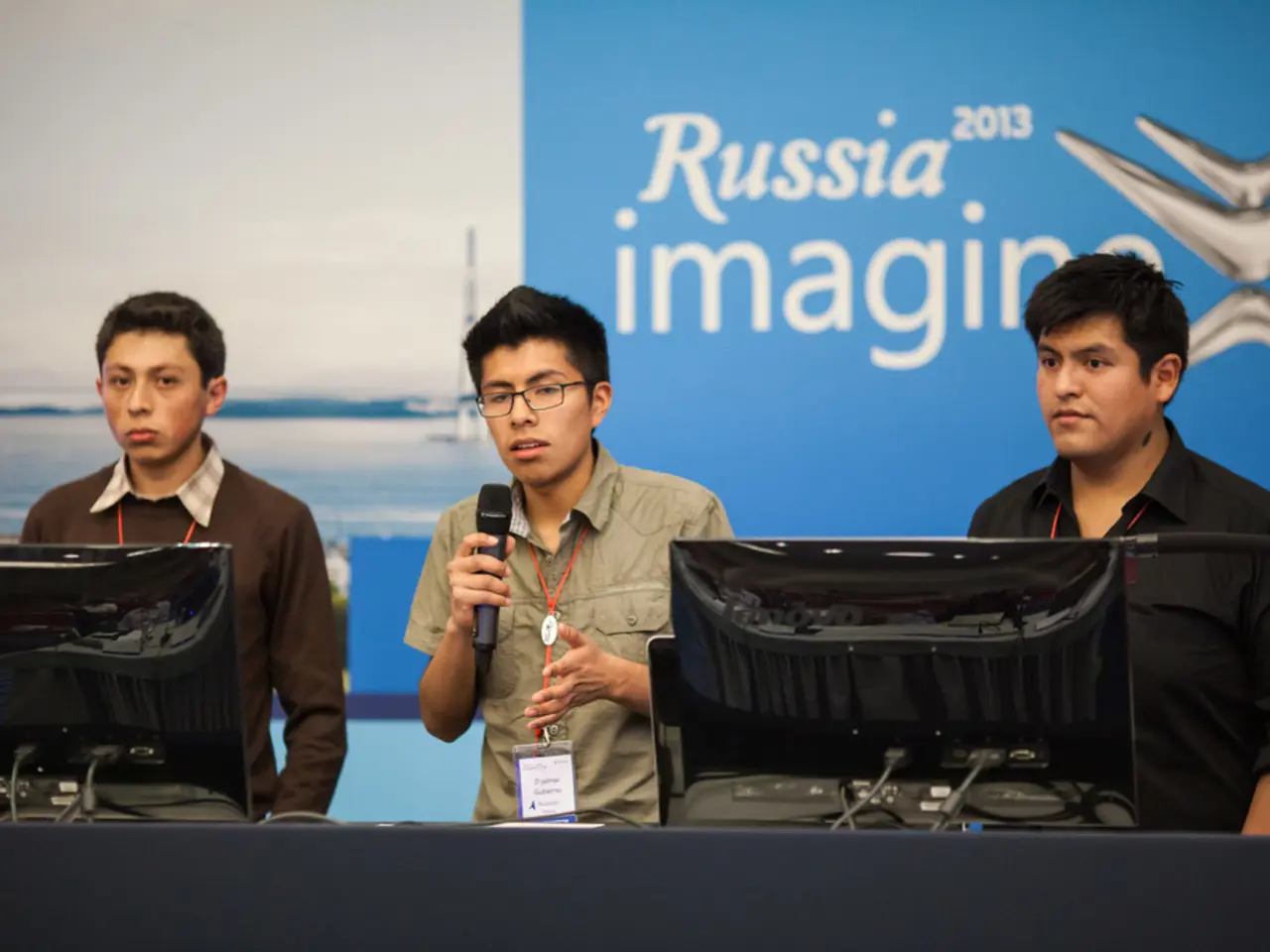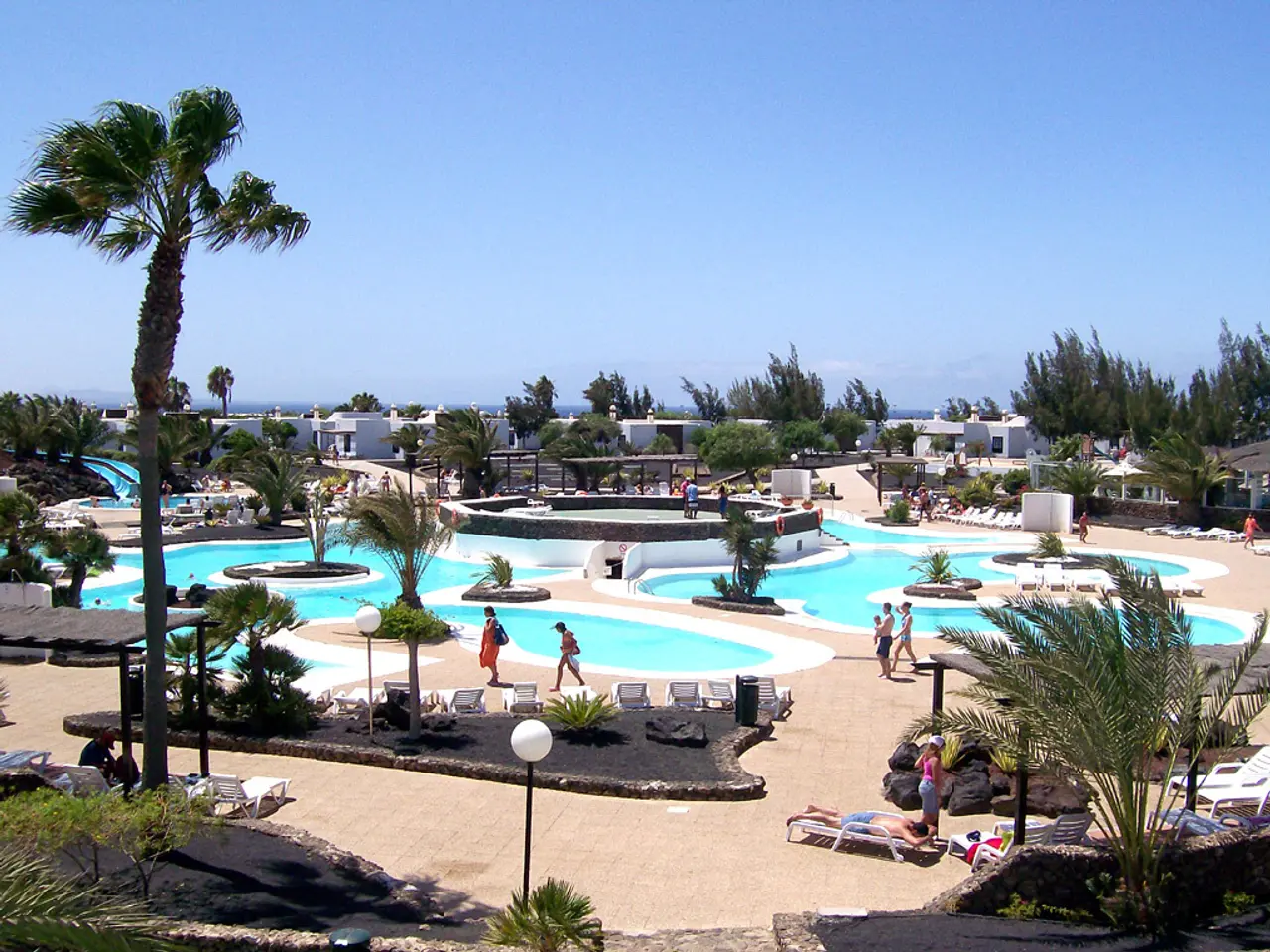Casinos in Macau Agree on $16 Billion Investment for Non-Gaming Ventures, Lawmakers Express Concern About Commitment Fulfillment
In the vibrant city of Macau, casinos are making a significant shift in their investment strategies, with a focus on non-gaming sectors. This transition, driven by the 2022 licensing terms, has seen the six major casino operators - Sands, Galaxy, Wynn, MGM, Melco, and SJM - collectively investing billions of dollars into their resorts.
Each year, these concessionaires are required to submit their investment status and plan for the coming year to the government, and each casino is also obligated to submit an annual report detailing project breakdowns, ensuring they are following through on their nongaming investments.
The initial stipulation for these nongaming investments was set at MOP118.8 billion (US$14.8 billion), but due to the casinos' collective gross gaming revenue exceeding $22.7 billion in 2023, the investment mandate was increased by approximately $4.5 billion.
The bulk of these financial commitments is required to go towards nongaming projects and amenities, such as amusement and theme parks, sports facilities, cultural centers, hotel expansions, and more convention space. The projects aim to enhance Macau's tourism appeal, attracting more visitors and reducing dependency on casino gaming revenue.
Macau's Secretary for Economy and Finance, Tai Kin Ip, has confirmed that the government is closely monitoring the investment situation. To ensure the nongaming guarantee is being executed, a third-party monitor has been hired. However, the current status of these investments, post-2022 license extension, is not explicitly detailed in the latest reports.
The Macau government's push towards diversifying its economy is evident. The goal is to increase the contribution of non-gaming industries to GDP to as much as 60 percent by 2028. This policy push encourages casinos and related businesses to invest in non-gaming ventures such as tourism, leisure, retail, and cultural attractions.
The government's monitoring and fiscal oversight are reflected in its revisions to gaming revenue forecasts and tax income. The Macau Financial Services Bureau closely tracks gaming tax revenues and economic performance, adjusting projections based on factors like global economic uncertainty and tourist behavior.
The government also enforces a tax regime on gaming revenue, with contributions earmarked for social and economic development initiatives. A portion of the gaming revenue tax is specifically allocated to support urban development, tourism promotion, and social security, indirectly supporting non-gaming sector growth and infrastructure.
Macau's regulatory authorities maintain oversight on casinos' operational compliance, including their promotional campaigns and junket activities, which indirectly affects how casinos allocate investments, including non-gaming segments.
While the exact progress or amount of casinos' non-gaming investments post-2022 license extension may not be readily available, the Macau government's strategic focus and robust regulatory environment around gaming and non-gaming sectors suggest a clear commitment to encouraging and monitoring substantial non-gaming sector growth.
This article was posted on April 1, 2025, at 12:54h and last updated on March 31, 2025, at 02:22h. It is important to note that lawmakers in the Macau Special Administrative Region have raised concerns about the government's tracking of these investments.
[1] Macau Government Information Office. (2022). Macau Government's 2035 Vision. Retrieved from https://www.gis.gov.mo/detail/en/2022/09/28/327526 [2] Macau Financial Services Bureau. (2021). Gaming Tax Revenue. Retrieved from https://www.dsf.gov.mo/en/taxes/gaming-tax-revenue [3] Macau Legislative Assembly. (2023). Budget Review 2023. Retrieved from https://www.al.gov.mo/en/budget-review-2023
- In Macau, the unyielding focus on non-gaming sectors by casinos has been fueled by the 2022 licensing terms.
- The six major casino operators, including Sands, Galaxy, Wynn, MGM, Melco, and SJM, are investing billions of dollars into their resorts in the non-gaming sectors.
- The casinos are obligated to submit annual reports detailing their non-gaming project breakdowns, ensuring adherence to the mandated investments.
- The increase in the investment mandate was driven by the casinos' collective gross gaming revenue exceeding $22.7 billion in 2023.
- The government, via Tai Kin Ip, is closely monitoring the investment situation and has hired a third-party monitor to ensure compliance with the non-gaming guarantee.
- The Macau government aims to increase the contribution of non-gaming industries to GDP to as much as 60 percent by 2028, pushing for investments in tourism, leisure, retail, and cultural attractions.
- The government's robust regulatory environment around gaming and non-gaming sectors indicates a strong commitment to fostering substantial non-gaming sector growth.
- Lawmakers in Macau have raised concerns about the government's tracking of these investments, suggesting a need for further scrutiny and transparency in the process.






